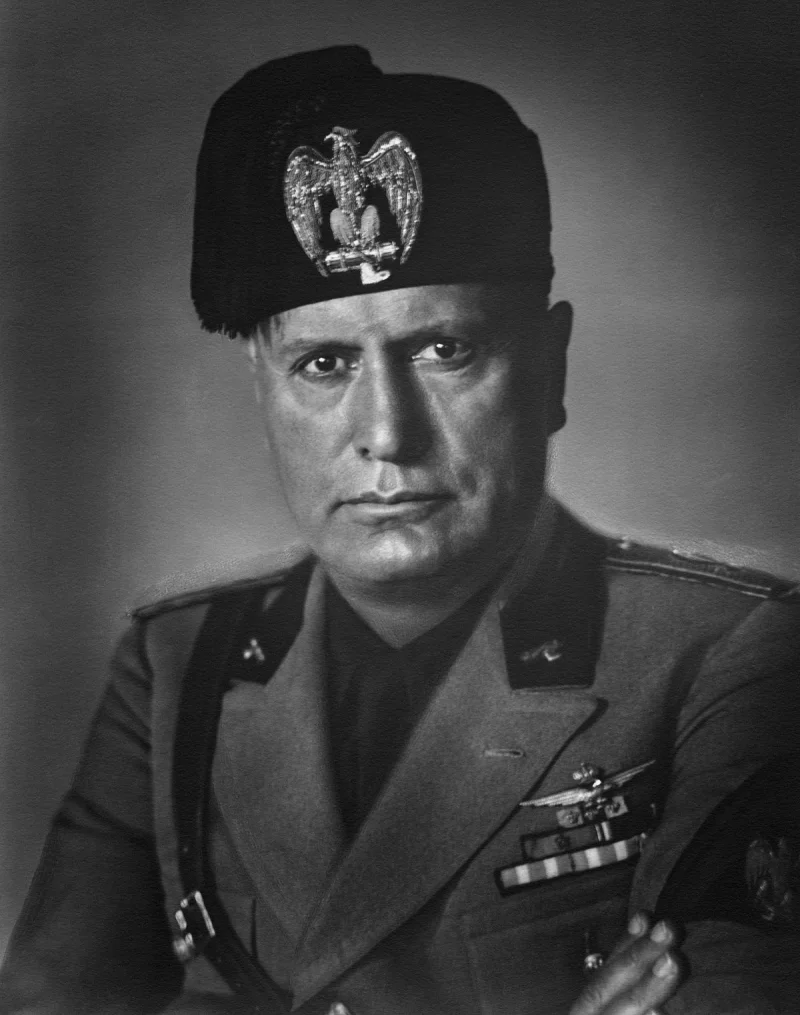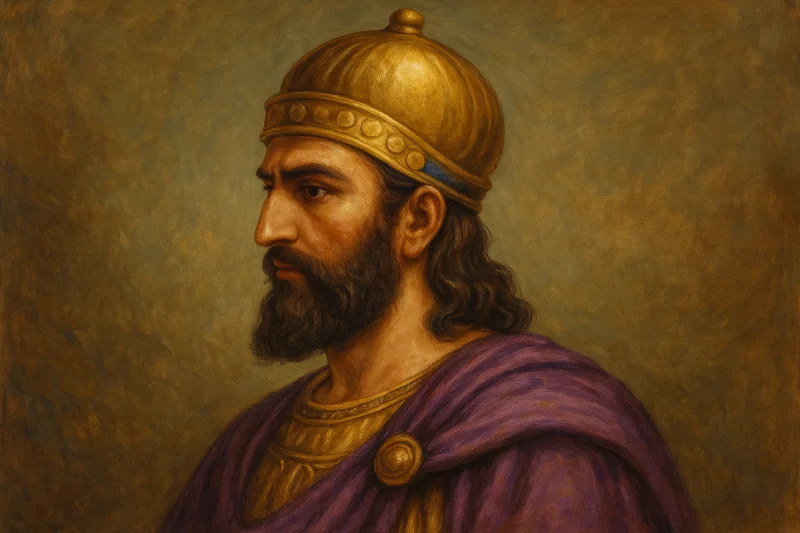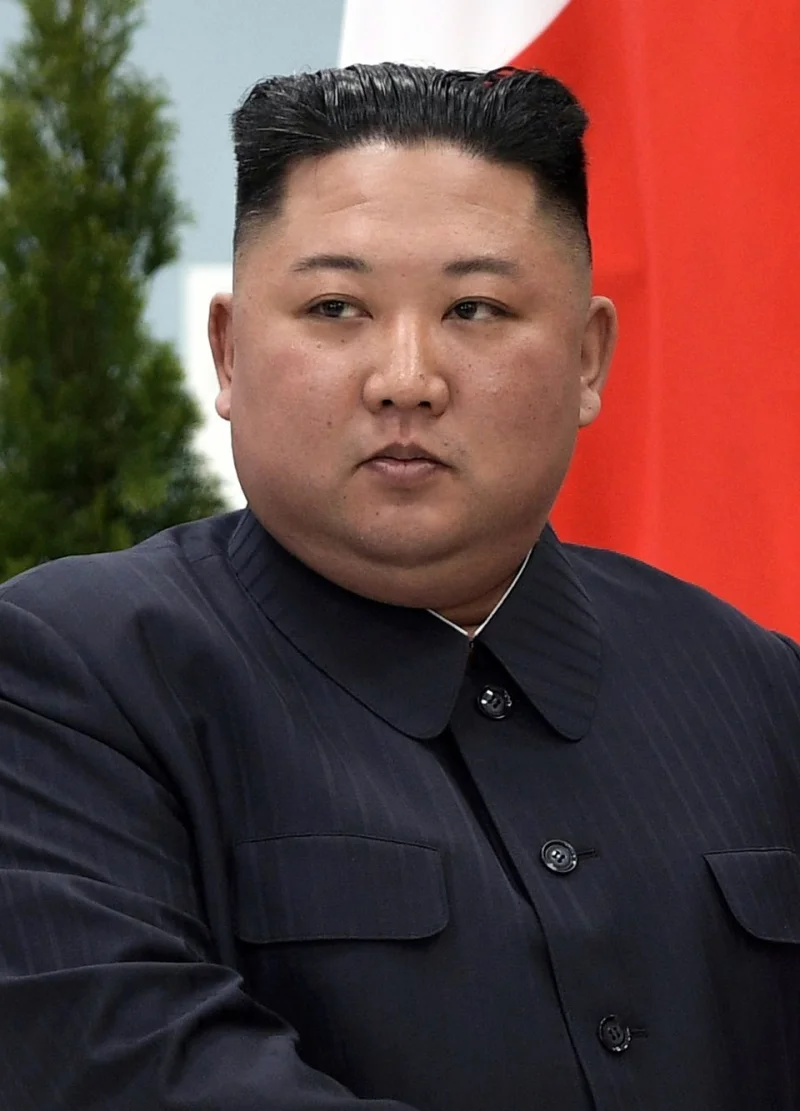Short Summary
Benito Mussolini was an Italian political leader who became the fascist dictator of Italy from 1925 to 1943. He founded the National Fascist Party and led Italy into World War II as an ally of Nazi Germany. Mussolini's regime was marked by the suppression of political opposition and the establishment of a totalitarian state. He is most famous for his role in the development of fascism and his impact on Italian politics and society during his leadership.
Early Life & Education
Benito Mussolini was born on July 29, 1883, in Predappio, Italy, to a blacksmith father and a schoolteacher mother. His early life was marked by poverty, and he grew up in a politically charged environment that influenced his later views. Mussolini was an intelligent but unruly student, often clashing with authority. He attended a boarding school run by Salesian monks and later a teacher-training college, from which he graduated in 1901. His exposure to socialist ideas during his formative years played a significant role in shaping his early political beliefs.
Career Highlights
Mussolini began his career as a journalist and became the editor of the socialist newspaper Avanti! in 1912. However, he broke with socialism during World War I, advocating for Italy's involvement in the war. In 1919, he founded the Fascist movement, which gained traction amid social unrest in post-war Italy. Mussolini's rise to power culminated in the March on Rome in 1922, after which he was appointed Prime Minister. By 1925, he had established a dictatorship, controlling all aspects of Italian life and aligning with Adolf Hitler during World War II.
Major Achievements
- Founded the National Fascist Party: Mussolini established the first fascist movement, influencing similar regimes worldwide.
- March on Rome: This event marked his rise to power and the beginning of his dictatorship in Italy.
- Modernization of Italy: Mussolini undertook public works projects and infrastructure improvements, including roads and schools.
- Lateran Treaties: He signed agreements with the Vatican, settling the "Roman Question" and establishing Vatican City as an independent state.
Famous Quotes
- "It is better to live one day as a lion than 100 years as a sheep."
- "The truth is that men are tired of liberty."
Interesting Facts
- Mussolini initially worked as a school teacher before entering politics.
- He survived several assassination attempts during his rule.
- His regime's propaganda heavily influenced Italian culture and media.
- Mussolini was executed by Italian partisans in 1945.
Legacy / Influence
Mussolini's legacy is deeply controversial, as he is remembered for both his fascist regime's oppressive policies and his contributions to Italian infrastructure. His leadership style and ideology influenced other authoritarian regimes in Europe and beyond. Although his impact on modern Italy is significant, it is often viewed through the lens of the suffering and destruction caused during World War II.
FAQ
Q: Why is Benito Mussolini famous?
A: He is famous for being the fascist dictator of Italy and a key figure in World War II.
Q: What was Mussolini's role in World War II?
A: Mussolini led Italy as an Axis power, allying with Nazi Germany and Japan.
Q: How did Mussolini come to power?
A: He rose to power through the March on Rome and was appointed Prime Minister in 1922.
Q: What happened to Mussolini after World War II?
A: He was captured and executed by Italian partisans in 1945.











